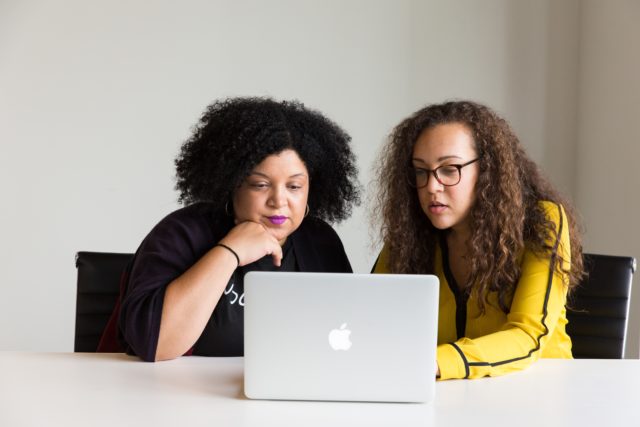Summary of:
GanshKumar, R., Sujatha, L., & Guru, K. (2021). Effectiveness of conflict management games and activities in workplace. Turkish Journal of Computer and Mathematics Education, 12(11), 395-400. https://doi.org/10.17762/turcomat.v12i11.5891
Background & Theory
This article explores the benefits of conflict management games (and similar activities) to determine conflict management styles within a team in the workplace and how they might contribute to conflict resolution and enhanced teamwork and productivity.
Research Question
GanshKumar, Sujatha, and Guru, in “Effectiveness of conflict management games and activities in workplace” (2021), seek to address the following question:
-
- How might conflict management games (especially competitive games) contribute to conflict management within the workplace?
Methods
The authors provided a theoretical overview of the use of games as a means of learning and understanding group conflict management skills. They began by reviewing the common types of conflict, such as conflict arising from communication issues, diversity, interdependency, and the like. Evaluated are the highlights of why conflict resolution games are a useful tool for workplaces and groups to use in order to build positive teamwork, collaboration, and conflict resolution skills. Additionally, they look at the important components of conflict management games, such as facilitation, leadership, and engagement by all members.
Results
The results show that conflict management games can be a very helpful way to allow teams to work together, and ultimately gives each person a good idea of how both the group and the individual tend to address conflict. In competitive games especially, there can be an understanding of how to better collaborate with one another and reach a win-win solution. These kinds of games can also be helpful for leadership to better hone their conflict resolution skills to later address group issues. All-in-all, there are many benefits to using conflict management games in the workplace and they can help groups and an organization achieve more productivity, reduced conflict, and enhanced collaboration and morale.
What This Means
- Conflict management games provide a real opportunity for teams to work together outside of the workplace to engage in conflict, conflict resolution, and teamwork. They can help build necessary skills for ensuring a positive work atmosphere and allow team members to better know and understand one another.
- Another aspect of conflict management games is that they tend to be fairly easy and feasible to arrange, which makes them a helpful tool for organizations of all kinds, including those who may not have many external resources.
- Involved facilitation and leadership are key components of ensuring that conflict management games achieve the most optimal result.
Final Takeaway
For consultants: Look into possible conflict management games that can be incorporated into coaching and conflict training opportunities with organizations or groups. They may be an easy and helpful tool in allowing the clients to understand one another and interact in a unique way removed from the conflict situation at hand.

For everyone: Every opportunity is a learning opportunity! Conflict management games can be used to help build teamwork and lessen conflict, and there are many other everyday experiences that can help us improve our conflict management skills and strategies and work well together with those around us.








